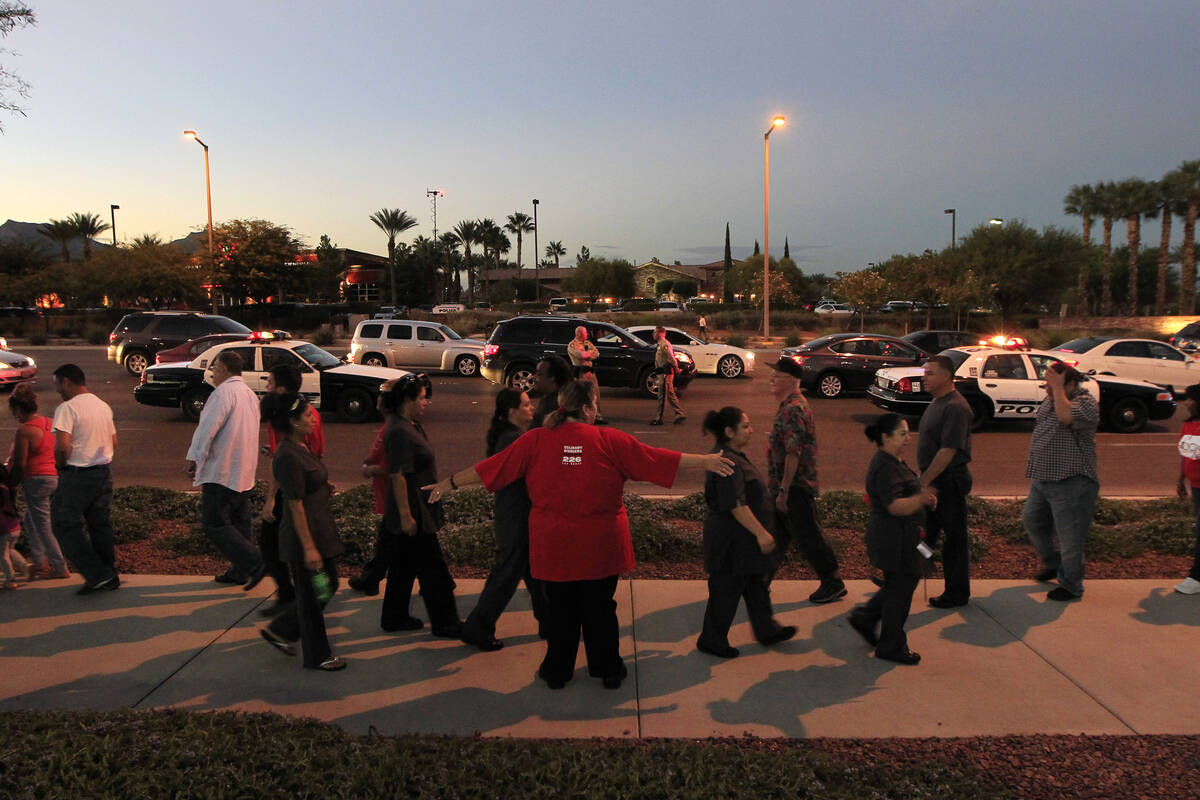COMMENTARY: Will Trump labor pick respect state labor reforms?
Federalism is back. However, with the recent nomination of Rep. Lori Chavez-DeRemer as labor secretary, Congress must stay true to the federal government’s longstanding approach to labor policy.
Donald Trump ran on a message of state sovereignty. Unfortunately, Chavez-DeRemer has a record of the opposite: supporting federal legislation that would reverse state labor reforms and replace them with federal policies favoring union officials over employees.
She was one of the few House Republicans to support the PRO Act, which obliterates prevalent right-to-work laws in every state, and the even more radical Public Service Freedom to Negotiate Act, which turns nearly every public-sector job in state and local governments over to union organizers.
On the campaign trail, Trump vowed to let states decide on abortion, consistent with the Supreme Court’s decision in Dobbs v. Jackson Women’s Health Organization. He has pledged to abolish the Department of Education and send “education back to the states.”
At the same time (but for different reasons), Democratic governors, worried about the Trump agenda, encouraged their states to act immediately to protect “civil rights, reproductive freedom, climate action and immigrant families.” For them and many other progressives, states are our best hope in these supposedly “dark times.”
Rarely do we see such bipartisanship in our divisive political culture. James Madison was right: Federalism earned the support of not only those who respect states’ powers and others who feel “apprehension of the federal.”
So why stop with abortion and education? Let’s also ensure that labor policy remains the province of the states.
What a fantastic time for both sides of the aisle to empower states to address and rein in the dominant influence of labor unions.
As the head of the executive workforce, Trump can assuredly make some necessary reforms. Reversing President Joe Biden’s disastrous NLRB agenda — everything from depriving private-sector workers of their right to vote on unionization to redefining “employee” in union officials’ favor — is an easy place to start. Reining in federal government unions’ use of “official time” — during which taxpayers fund the salaries of union officials — is also a common-sense reform.
The federal government has historically entrusted the states to handle their labor policy. After all, most union organizing, fundraising and political activity occurs at the state or local level. There, unions represent millions of teachers, state bureaucrats, social service employees, cops and firefighters. The largest union in America is the National Education Association. The NEA has 2.5 million active members — more than the Teamsters, International Brotherhood of Electrical Workers and United Auto Workers combined.
That’s why state — not federal — law oversees and regulates teachers and other public-sector unions despite their power and size. The Labor Department can enhance transparency for unions that cross state lines. Still, these unions generally reside outside the federal lawmakers’ jurisdiction, which has pros and cons.
This separation of powers is good if you value federalism. The federal government can’t meddle with states and their unique labor policies every four years.
Yet, federalism also limits what federal lawmakers can do to advance pro-worker reforms. That responsibility rests on state lawmakers to protect workers and curtail union officials’ power and influence.
And they better do it before it’s too late.
Fortunately, many state legislatures have answered the call over the past two years. For example, Florida enacted union recertification, allowing public employees to vote on whether their union continues to represent them effectively. The union loses its certification if it cannot earn more than 50 percent. Other states — such as Arkansas, Kentucky and Tennessee — banned unions from automatically deducting dues from employee paychecks.
Like any other policy, labor policy must remain a two-way street between the federal and state governments. The Trump administration can undo the damage incurred during the past four years and dial back federal overreach. Meanwhile, state legislators can complement Trump’s agenda by passing legislation and confronting public sector unionism in their backyards.
The worst thing we could do is put Chavez-DeRemer in a position to push federal laws on states that are doing their best to keep union officials in check.
Her support for laws that shut down our “laboratories of democracy” is out of step with the tone Trump is otherwise setting.
This style of federalism is precisely what our Founding Fathers intended. If it works for abortion and education, surely it can do the same for labor.
David R. Osborne is the senior fellow of labor policy with the Commonwealth Foundation, a Pennsylvania free-market think tank. He wrote this for InsideSources.com.

















